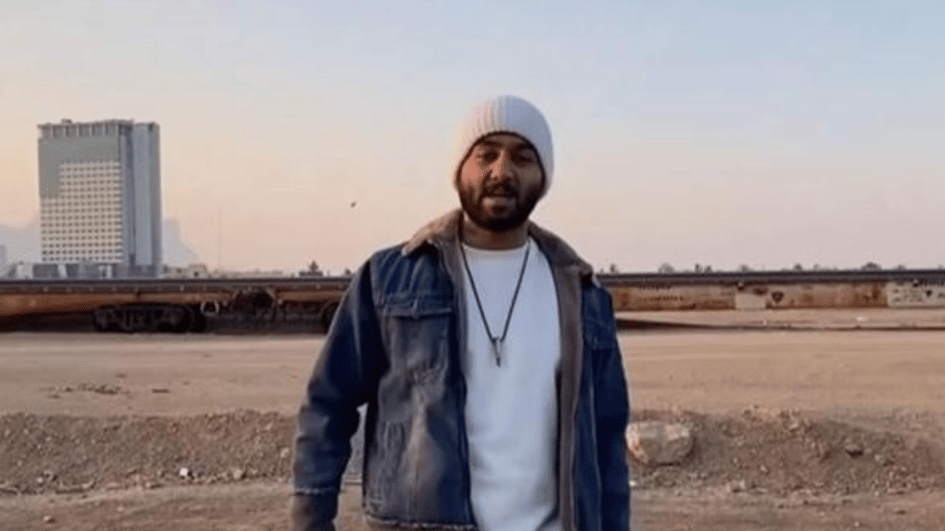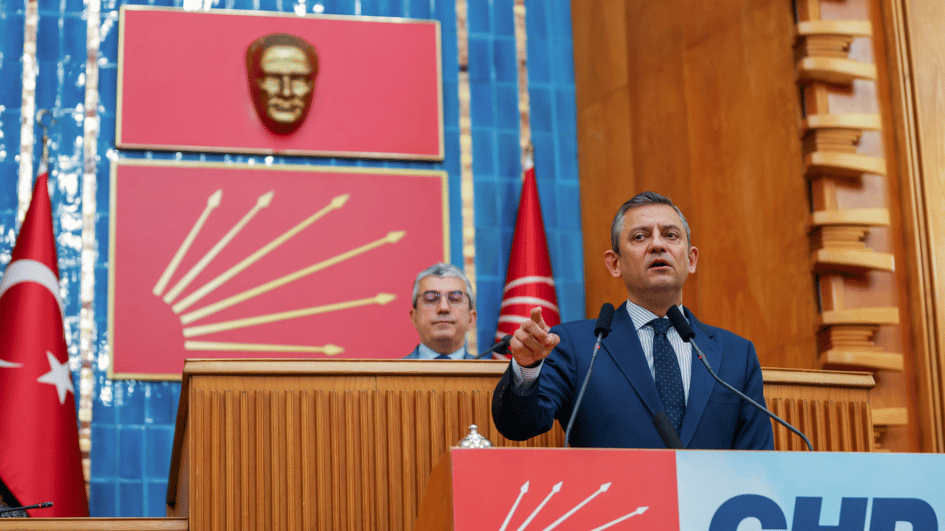No to chemical massacres but OK to conventional attacks?
The U.S. strike early on April 7 on Syrian air base of Shayrat is likely to change the entire Syria equation, if not signal a new set of circumstances for the Middle East.
That is not because of the possibility that the Syrian civil war will turn into a bigger scale regional war. Russian President Vladimir Putin is very angry with U.S. President Donald Trump for damaging his Middle East reputation, which has been on the rise since Trump’s predecessor Barack Obama silently withdrawn his threats against the Bashar al-Assad regime in 2013.
Russia’s ascent in the Middle East started as a result of a U.S. president’s reluctance to react against the use of chemical weapons by the Syrian regime; it may now have been stopped by the prompt reaction against another use of chemical weapons in Syria by his successor.
Russian Prime Minister Dimitry Medvedev has warned the U.S. about the risk of clashes escalating. But Russia is not likely to get into a large-scale war with the U.S. over al-Assad. In order to secure its own place in future Syria, the Kremlin could decide to remove the heavy burden of al-Assad and use him as a bargaining chip in future dealings with the White House.
Iran, however, is a different story. Al-Assad and his sectarian role in the region is vital for Iran, not only for further expanding its influence beyond Iraq but also for securing physical access to the Mediterranean, Lebanon and Israel. Tehran has been using the “You play into the hands of DAESH and al-Qaeda” card to try to turn the Western public against their own governments, as al-Assad did immediately after the U.S. attack.
Meanwhile, Turkish President Tayyip Erdoğan yesterday said “Good, but not enough’ to Trump’s strike. Ankara has again started to stress that it wants no al-Assad in any settlement, while persisting in its line on the need to establish no-fly zones for refugees and opponents of the regime.
Under the circumstances, with Russian navy and air bases in Syria and also thousands of Iranian Revolutionary Guards there, it may be difficult to impose safe zones or no-fly zones without a consensus with Russia. That is unlikely, at least for the time being.
Nevertheless, it is certainly necessary to improvise new steps for an end to bloodshed and misery in Syria for a better future for the people living there. The statement of the Turkish Foreign Ministry on April 7 contained an important detail, making a call to stand against all kinds of attacks on civilians, whether chemical or conventional.
The U.S. president reacted against the use of chemical weapons this time in Syria. But 450,000 people have been killed by “conventional means” in Syria so far, according to U.N. figures. What’s more, 5 million people have been displaced within the country and 5 million have fled the country (around 3 million of whom are in Turkey).
It is good to react against massacres by the use of chemical weapons. But does that mean it is OK to carry out systematic massacres by conventional means?











